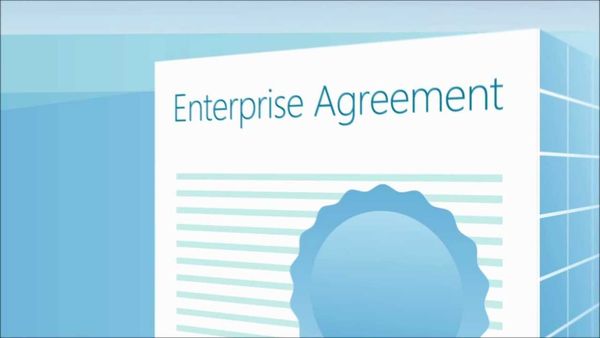4 things you must include in any enterprise agreement
By Charles Power
Enterprise agreements are now the primary way national system employers and their employees secure terms beyond, or different from, those contained in modern awards. Enterprise agreements can allow you, as an employer, to tailor terms and conditions to suit the needs of your business.
But remember, there are four things that you must include in any enterprise agreement:
1. A nominal expiry date
A nominal expiry date is the date from which an agreement can be:
- replaced by another agreement; or
- terminated.
In most cases, the maximum nominal period is 4 years.
Although an enterprise agreement will continue to apply if neither of these actions are taken by the nominal expiry date, once the date has passed any party to the agreement will be able to apply to the FWC to terminate the agreement or take action to renegotiate the agreement.
2. A dispute settlement procedure
A dispute settlement procedure clause will set out the resolution process for any disputes about matters arising under the agreement.
If you choose not to write your own dispute settlement procedure, you can use the model dispute resolution procedure set out in Schedule 6.1 of the Fair Work Regulations 2009 (Cth).
3. A flexibility term
A flexibility term, which permits you and your employees to vary the effect of the agreement to suit both your needs, must specify the terms of the enterprise agreement that may be varied.
Terms may be varied using an individual flexibility arrangement (IFA). There are a number of requirements of IFAs, including that they must:
- not include anything unlawful;
- be genuinely agreed upon by you and the employee;
- be able to be terminated by you and the employee; and
- allow the employee to be better off overall under the arrangement than if no arrangement was in place.
If you choose not write your own flexibility term provision, you can use the model flexibility term set out in Schedule 2.2 of the Fair Work Regulations 2009 (Cth).
4. A consultation term
A consultation term requires you to consult with employees about major changes that are likely to significantly affect them.
If you choose not write your own consultation term provision, you can use the model consultation term set out in Schedule 2.3 of the Fair Work Regulations 2009 (Cth).
Other mandatory requirements
Your enterprise agreement must also:
- be in writing;
- be in English;
- state the parties to the agreement; and
- be signed by the bargaining representatives to the agreement.
Get the latest employment law news, legal updates, case law and practical advice from our experts sent straight to your inbox every week.

